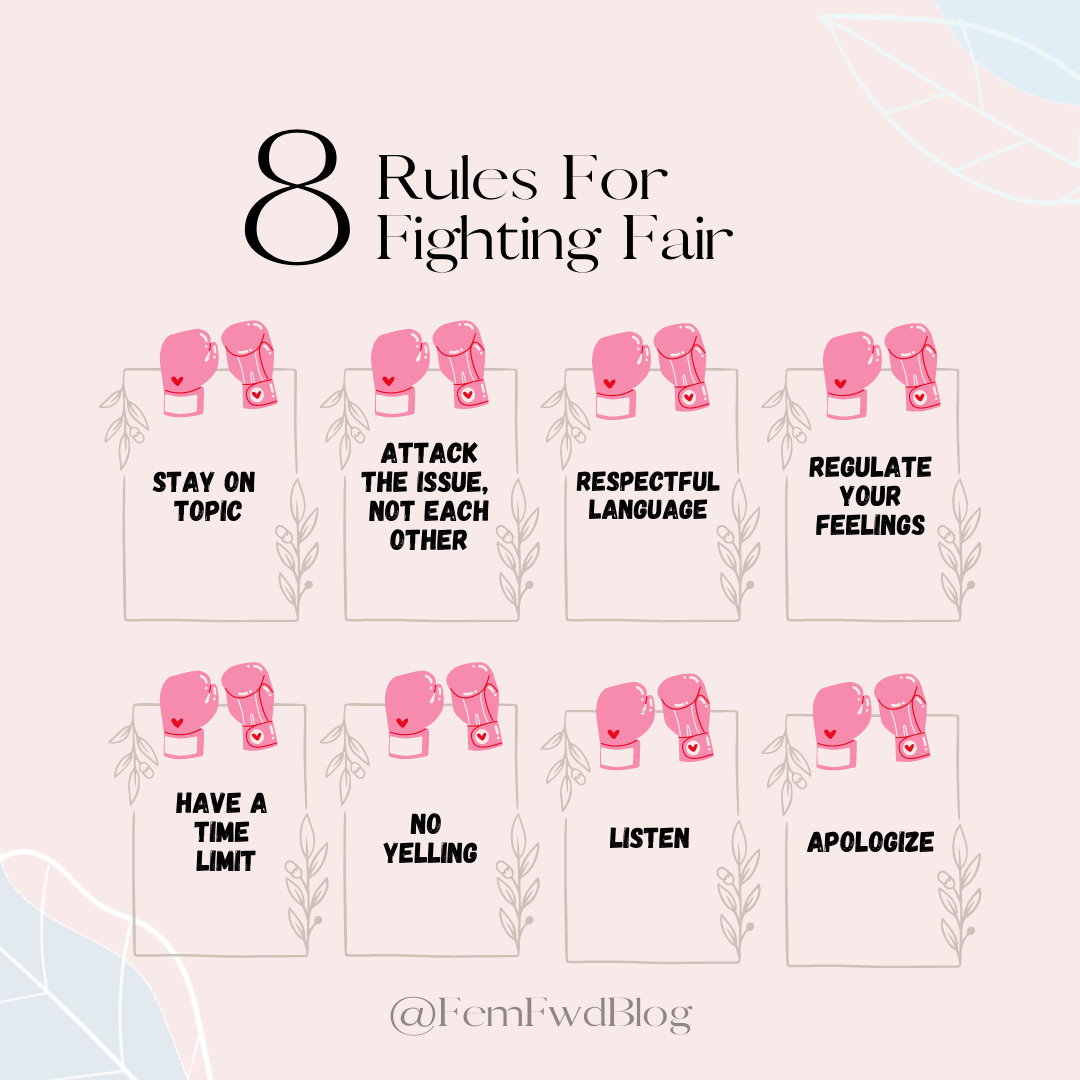Fexting: What is Fexting and 7 Rules To Follow If You Are Going To Do It
What is Fexting?
Fexting is fighting over text message. In a society where constant contact is the expectation and when less and less of it is face-to-face interaction, arguing is bound to happen over text message. While we don’t recommend arguing via text, since we know it’s going to happen (and that most of us are guilty of it already), we might as well learn to do it as effectively as possible.
Problems with Fexting
Lose out on nonverbal cues, which comprise about 50% of communication.
it’s easier to get carried away via text. We will say things that are more intense and hurtful when we are not face-to-face.
It’s all in writing and so your privacy is more likely to become violated via your texts being shared or shown to other people.
It’s easier to just stop responding over text message versus in person.
Most of the time, fexting is happening with our romantic partners. If you already know your relationship problems extend beyond fexting, check out our workshop below.
7 Rules for Fexting
In some ways, the rules of engagement aren’t that different from face-to-face arguing. However, one thing that I’ve learned as a therapist is that most of us don’t have rules of engagement for face-to-face arguing either.
Acknowledge the limitations of the platform- Prior to engaging in fexting, it’s important you have sat down with one another and talked about it. It’s important to acknowlegde the inherent flaws in this method of fighting, which include lack of non-verbal feedback and how it’s easier to get carried away and say things you might not be willing to say in person.
Mutually agree on keeping your conversation private
Manage Expectations- If you are fexting and you know you are about to walk into a meeting or be pulled away for an extended period of time, take the time to communicate that to whoever you are fighting with. So that might sound like, “What you are saying is important and I want to respond thoughtfully. I’m going to be tied up with work for the next three hours. I will respond when my work is wrapped up and I am able.”
Take time to regulate your own feelings- If you notice that you are getting too heated, take a break. There is so much power in pausing before reacting. So if you find yourself getting worked up and just firing off texts, you likely need a breather. Take a break from the conversation and consider communicating that to the person you’re arguing with. You might say something like, “I notice that I am getting really worked up and am wanting to lash out. I am going to to take a break and will be back in 30 minutes.” During the break, turn the text stream on silent or on mute so that you’re not tempted to read their reactions and respond.
Use respectful language- One of the dangers of texting is that it feels more distancing than in person. That means that people are more willing to say things that they would never say in person. A good rule of thumb is that if you wouldn’t say it in person then you shouldn’t say it in text. You might be talking through a device, but the person reading it is still a human being with very real feelings. No name calling, writing in all caps, gaslighting, sending inappropriate emoji’s or memes, etc.
Stay on topic- Remember what you are arguing about and stick to that and only that. Agree on what it is you’re fighting qbout at the outset. Agree to gently remind one another if either of you begins to stray off topic. One complaint turning into ALL the complaints is not productive and just fuels the fire.
Check your understanding before reacting- Remember that half of communication is non-verbal. When fexting, you are getting none of that. So you might read a statement and completely misconstrue the tone, leaving you with a distorted interpretation of what they meant. Consider checking it out with the person. For example, you might say something like, “When I read that it sounds really sarcastic. I know I might have that wrong because I can’t see you. How did you mean that to come across?”
Arguing
Arguing is a normal part of any relationship. Arguing is not the problem. It’s failing to repair after an argument that is the problem. With that, said having some rules for arguing help keep each other safe and is a sign of respect for one another. It also means that it’s less likely the boxing gloves will come off, meaning there’s less to clean up after the argument.
If you tend to struggle with healthy communication, consider signing up for out How to Communicate Better Workshop.
So, we encourage rules for a fair fight in general, whether it’s over text message or the phone or face to face. Collaborate to develop these rules with another, as some of them will be unique to relationship. For example, my husband and I don’t fight at night because his ADHD medication has worn off and he is more irritable and has little to no bandwidth for heavy conversation. See the image below for some ideas about how to fight fair.
Fair Fighting Rules
Relationship Advice for Women
As always, thanks for reading! We are all about teaching people, especially women, who to have more satisfying relationships. Sign up for our newsletter to receive our newest blogs right to your inbox!




